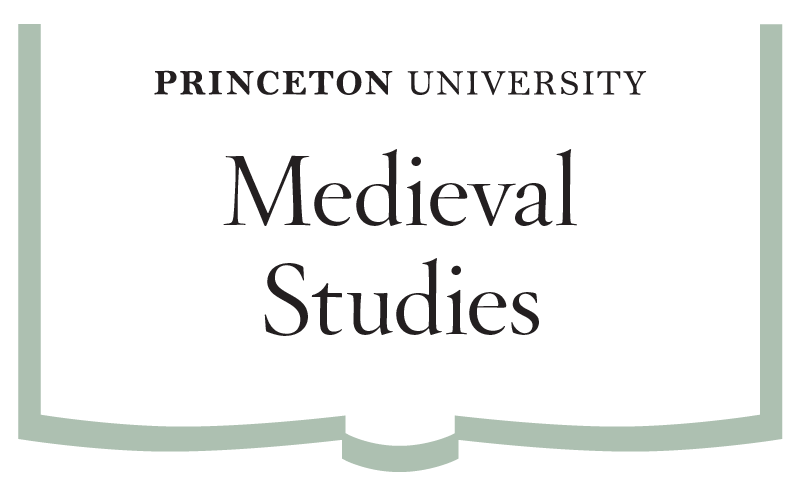
Altering Tempus; or, Timeplay and the Medieval Manuscript
Andrew Albin Fordham University
November 25, 2019 · 12:00 pm—1:20 pm · 209 Scheide Caldwell
LUDUS

Beatrice Kitzinger and Jamie Reuland are excited to be hosting a workshop with Prof. Andrew Albin from Fordham University on the intersection of medieval time, music, and manuscripts (please see abstract below).
This is the inaugural event of the new collaborative project LUDUS, a working group devoted to the active, performed, creative and re-creative study of pre-modern culture. The group brings together scholars interested in developing methodological and technical tools to study the Middle Ages in its live, plastic, and time-bound dimensions, and means to foster collaboration between scholars and artists (musicians, directors, composers, visual artists, curators), and to promote the visibility of Medieval Studies on campus through programming in the performing arts.
To attend and receive the prereading, please RSVP to jlgreenb@princeton.edu, bkitzinger@princeton.edu.
We welcome faculty, graduate students, and undergraduates to participate in this workshop, and hope you will invite any students or colleagues that might be interested.
Altering Tempus; or, Timeplay and the Medieval Manuscript
Monday, Nov. 25, 12:00–1:20. Scheide Caldwell 209
Short readings to be pre-circulated
For performers versed in modern notation, the initial encounter with medieval music is disorienting, especially with regard to duration: rhythms that look familiar on the page destabilize as note values expand and contract following rules of imperfection and alteration. This durational flux grows even stranger when we seek guidance from medieval musica practica treatises, whose technically dense explications of notational systems dilate alongside abstruse discourses on the nature of signification, number, and time. In this interactive workshop, rather than smooth out these temporal perturbations, we will conspire to cultivate and amplify them as a disorienting mode of historical encounter, employing the manuscript as an activated/activating instrument through which time courses, expands, attracts, and enfolds. With the help of Jean de Murs, Reinhart Koselleck, and André Lepicki, we will build a creative laboratory through the singing of the thirteenth-century conductus “O qui fontem gratie,” whose elements invite us to play—with time, with the past, with history, with sound, with theory, with historical actors, and with each other.












